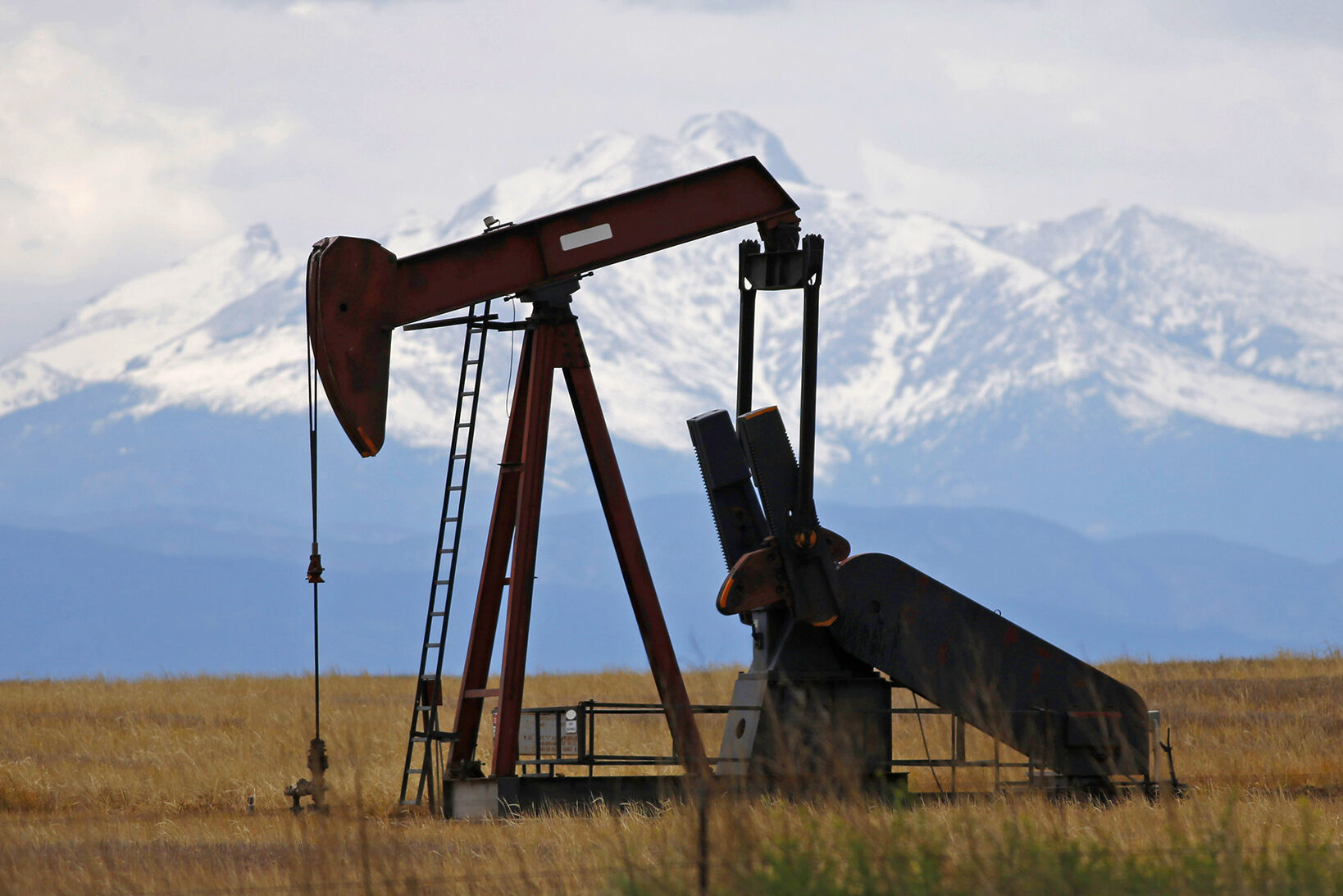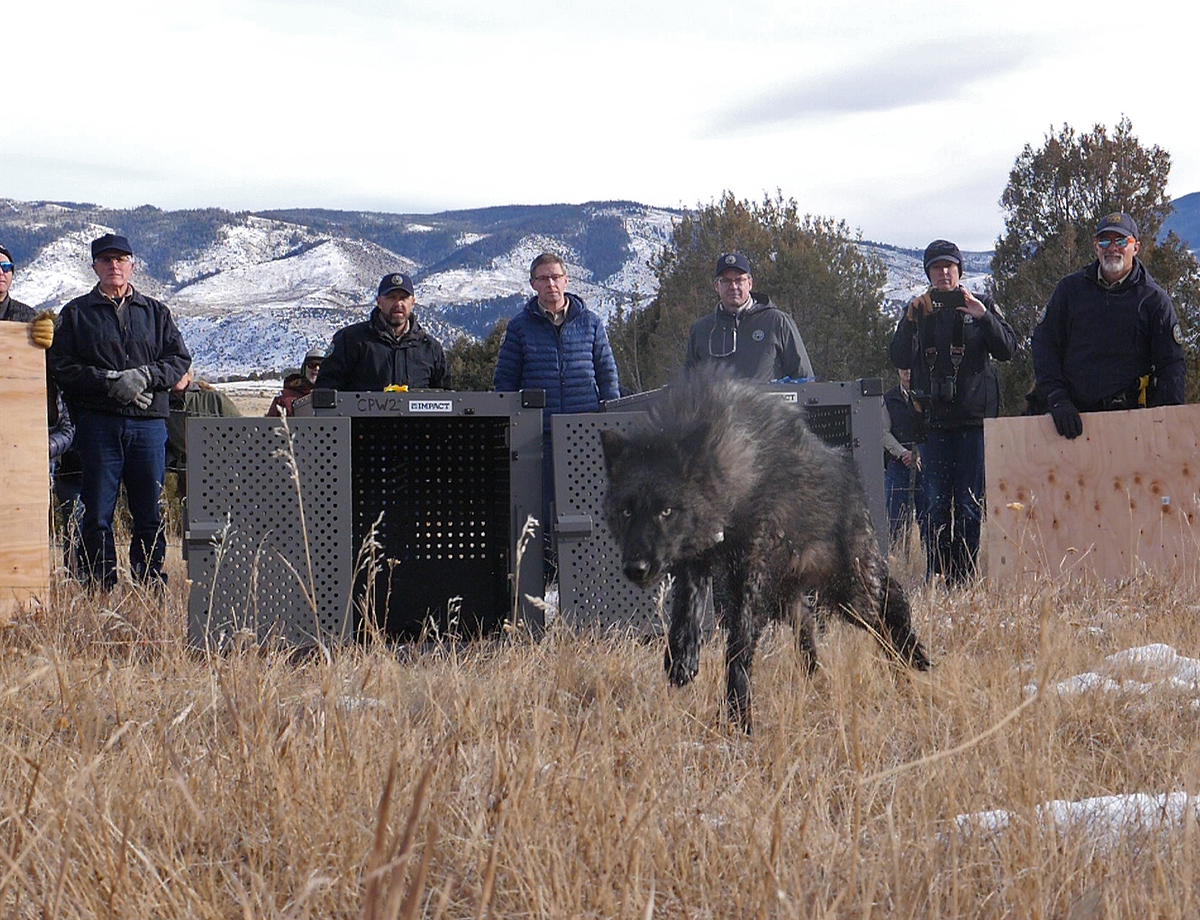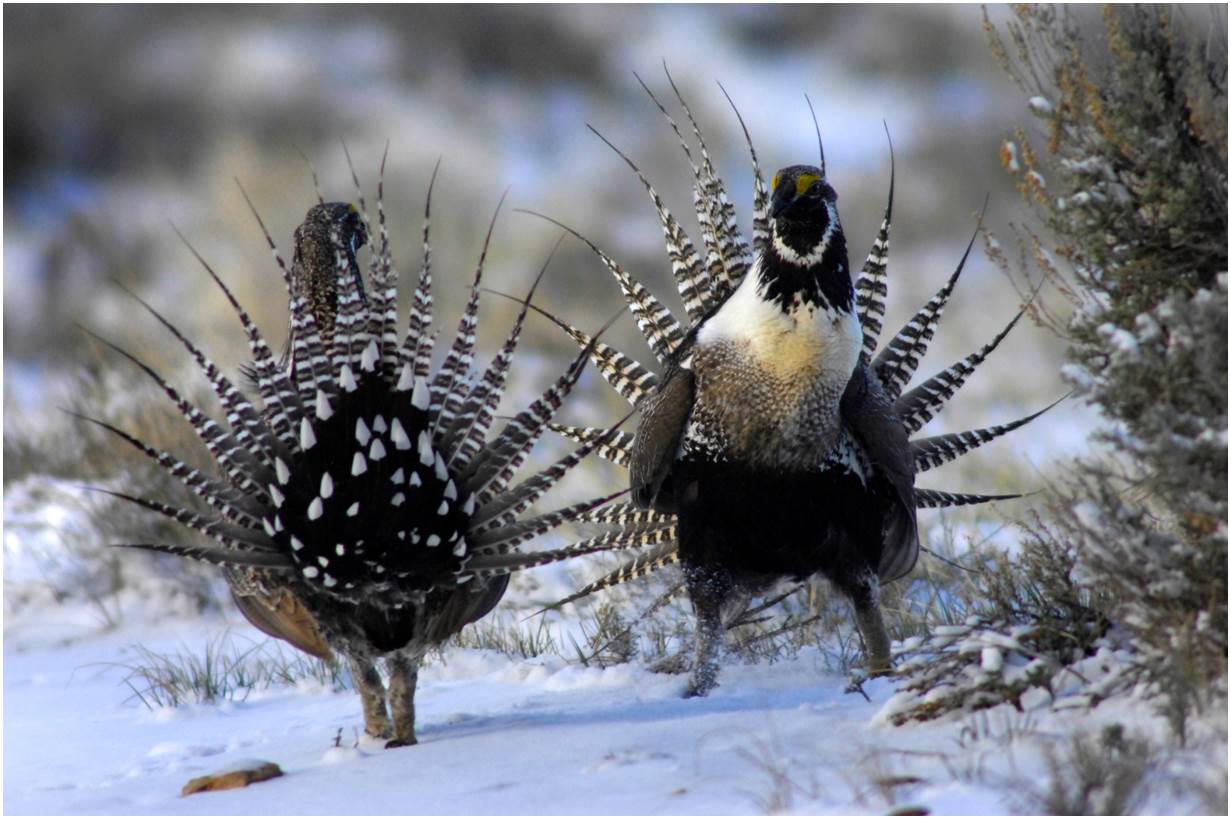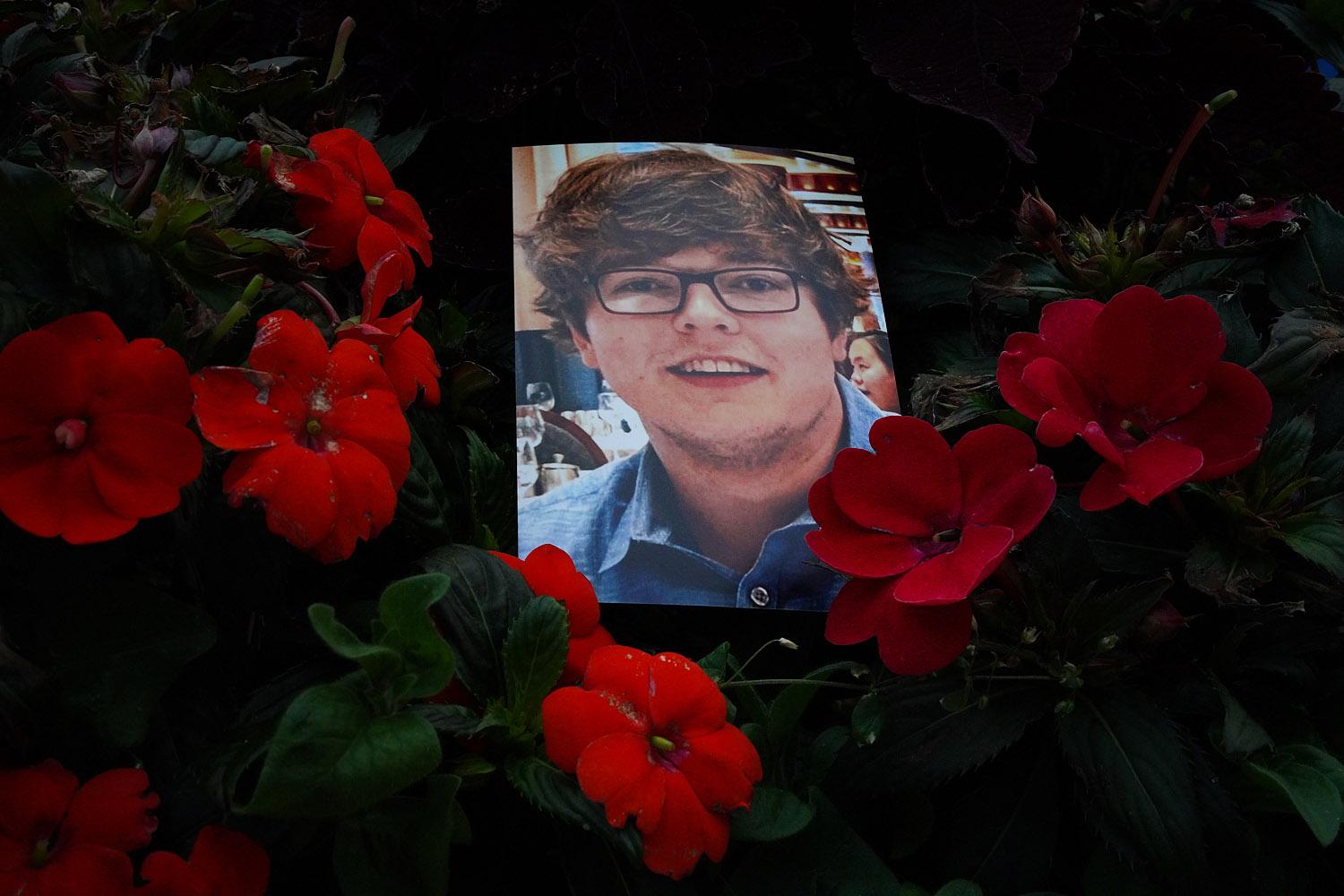During the Waldo Canyon Fire, hundreds of first responders took part in the effort to fight the fire and evacuate neighborhoods threatened by the blaze. It was a massive undertaking, requiring coordination among numerous local, state, and federal agencies.
Crews actively battled the fire from June 23rd until July 10th, when it was declared 100% contained. But it was the afternoon and evening of June 26th that sticks out most vividly to Steve Wilch and Howard Black. That was the day the fire moved into Mountain Shadows, claiming nearly 350 homes.
"That was a long 24 hours," says Wilch, who served at the time as a strike team leader for the Colorado Springs Fire Department.
"I remember having to force the crews assigned under my division, 'You have to get something to eat, you have to do this so you can come back and fight this fire.'"
Howard Black was with the Colorado Springs Police Department's Special Investigations Unit at the time.
"It was so intense," says Black, recounting that day. "I saw police officers whose uniform shirts had burned from embers falling. We were all having difficulties breathing."
As the fire moved down the mountain, emergency crews raced to evacuate those still in their homes in and around Mountain Shadows. Nearly 30 thousand people fled the area in a period of a few hours.
"At one point, we were running all lanes eastbound [away from the fire]," recalls Black. For first responders heading west toward the blaze, that meant "running trucks right up on sidewalks and lawns, knocking down post office boxes, just to get those trucks up there."
Wilch and Black describe those hours as all-consuming, demanding complete focus from first responders. In some cases, says Wilch, those on the front lines seemed to lose track of their own basic needs.
"Nobody wanted to take a break," he says. "I remember having to force the crews assigned under my division, 'You have to get something to eat, you have to do this so you can come back and fight this fire.'"
It wasn't until the next morning that Wilch and his crews had a moment to reflect on the magnitude of what had just happened.
"That is very meaningful," says Black, "when you know that these officers and firefighters are putting their lives on the line, and they are appreciated for what they're doing."
"As the sun came up, we looked at homes that had been burned down," he recalls, "and on the sidewalk there was sidewalk chalk and drawings and pictures from the days before, when kids were out there laughing and playing. It was heartbreaking to know that those kids were going to come back and everything was going to be in ashes."
Black also remembers the sidewalk chalk. To this day, he says there's one particular memory he still struggles with from that time.
"Those parents trying to connect with their kids [during the evacuation]," he says, "The fear of not knowing where their kids were at. Our cell service was really breaking down at that time, so they couldn't communicate with their families. The fear -- I can still see that in some of their faces. That was hard."
In addition to the heartbreak, Wilch and Black say they were also left with feelings of gratitude for and amazement at the outpouring of support they received from the community during the fire. They remember the donations of food, water, and other necessities, as well as the crowds of people waving banners as they drove by.
"That is very meaningful," says Black, "when you know that these officers and firefighters are putting their lives on the line, and they are appreciated for what they're doing."
Listen to the conversation between Steve Wilch and Howard Black in the player above.
This story comes from 91.5 KRCC's special series, "Five Years Later: Remembering the Waldo Canyon Fire." Find more stories from those affected by the fire here.









